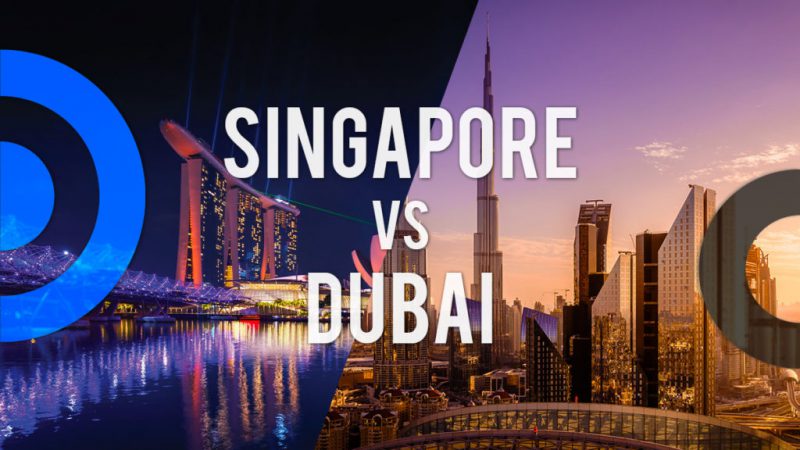Singapore is without a doubt one of the biggest financial hubs of the world. The island nation was also a mecca for the crypto industry, until recently when the spotlight shifted to the Middle East, especially the Emirate of Dubai.
However, Singapore officials have decided to forge their way rather than follow in the footsteps of other countries.
Alvinder Singh, team lead of the Monetary Authority of Singapore’s (MAS) fintech ecosystem office, said on Friday, May 27th, that because Singapore is a small country, any negative outcome in the digital asset field will have far-reaching consequences.
Singh added,
“To think that we want to be a crypto hub like some countries that have oil and all that, overnight, no. That is not our objective at all. It is a medium-term objective, doing it responsibly, feeling our way around the sand.”
Singh’s response came after Daniel Lee, former head of business and listing at DBS Digital Exchange, noted that Singapore has lost Binance and FTX, two of the largest crypto exchanges in the world, to Dubai, and 80% of the global market share of the total market that’s gone over to the Middle East.
While the MAS sees cryptocurrency as the future of financial services, Singh clarified that it is not for retail investors. He said,
“We know that a majority of our population here are not sophisticated enough to be able to synthesise all these information and make a correct, informed judgement.”
Singh noted that many traditional asset types in Singapore are likewise unsuitable for such investors.
Lee replied that ordinary investors can have access to traditional asset classes through a fund manager who sells goods through collective investment schemes. He believes that not establishing such a channel for crypto-assets in Singapore may be detrimental to individual investors.
Lee stated,
“I would also think that if retail (investors) cannot get into this space, they’ll become susceptible to scams. By cutting them off all those proper centralised exchanges it becomes a lot more problematic.”
Singh’s comment about crypto not being for retail investors can be read with some skepticism.
Calls for authorities to create regulations on specific sectors in the crypto industry, such as insider trading, fake market manipulation, and the transmission of incorrect information, also arose throughout the debate.
The summit’s discussion revealed underlying tensions between crypto players and authorities throughout the world. Following the collapse of the stablecoin TerraUSD earlier this month, calls for regulation in the crypto sector have gotten stronger.





